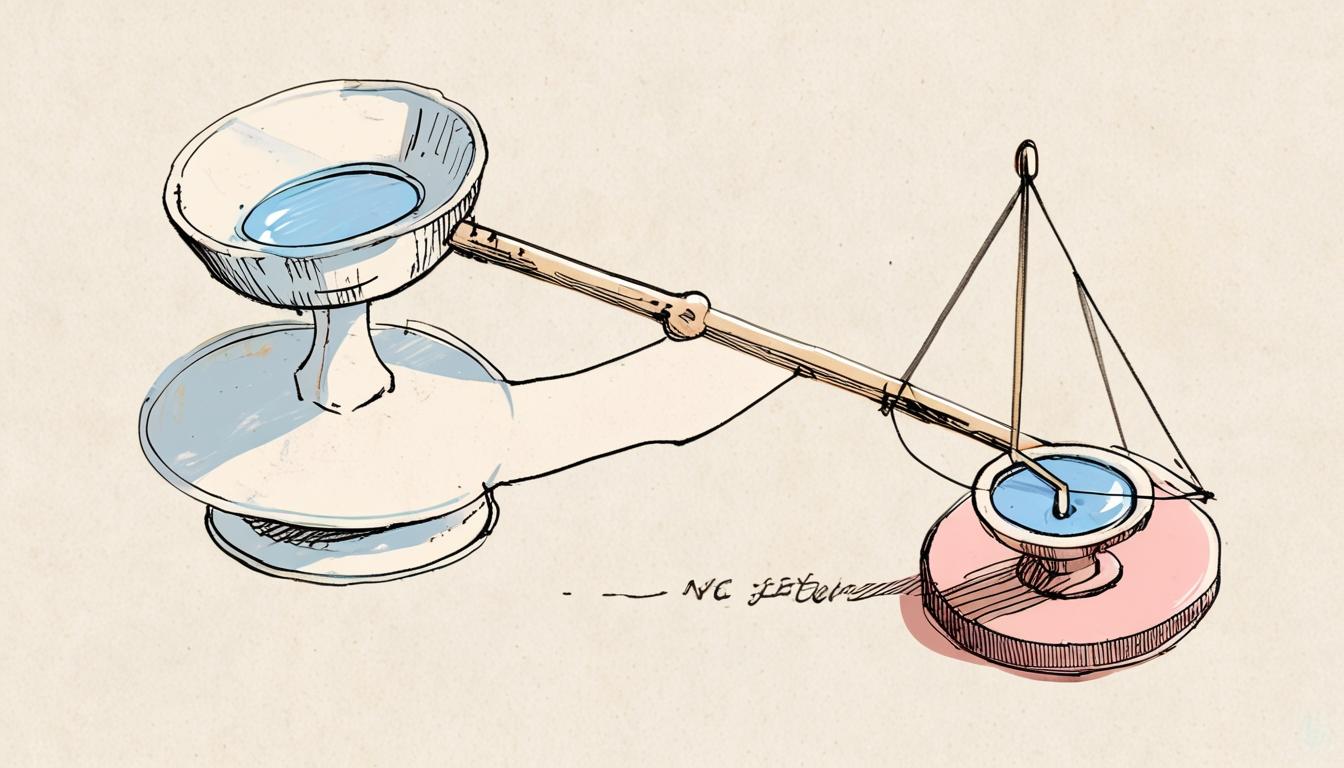New developments in medical knowledge have sparked a reassessment of the conviction of Colin Campbell, a former nurse formerly known as Colin Norris, who was sentenced to 30 years in prison in 2008 after being found guilty of murdering four elderly patients and attempting to murder another at hospitals in Leeds. The case is currently being reviewed by the Court of Appeal, following a referral from the Criminal Cases Review Commission (CCRC) four years ago.
Campbell was convicted for the murders of 80-year-old Doris Ludlam, 88-year-old Bridget Bourke, 79-year-old Irene Crookes, and 86-year-old Ethel Hall. All four women were patients in orthopaedic wards at St James's University Hospital and the Leeds General Infirmary when they died following severe and unexplained instances of hypoglycemia. During his trial at Newcastle Crown Court, prosecutors presented a 'wholly circumstantial' case, arguing that Campbell, who worked in these hospitals, must have been responsible for administering the insulin that caused the fatal drops in blood sugar.
Michael Mansfield KC, representing Campbell in the appeal, emphasised that recent advances in medical understanding provide substantial evidence suggesting that the patients could have succumbed to natural causes rather than foul play. "The nature of the prosecution case was that this appellant, Colin Campbell, was a nurse, recently qualified," Mansfield stated. "The prosecution case was that he injected the five individuals with insulin and as a result of that injection they all suffered a sudden and severe episode of hypoglycemia, namely, low blood sugar."
Mansfield highlighted that a consensus among experts during the original trial indicated that the sudden onset of severe hypoglycemia was highly unusual. However, he noted that new evidence suggests different underlying health issues could explain the patients' conditions. This includes a notable evolution in understanding hypoglycemia and glucose management, which could mean a broader range of explanations for the incidents involved.
Furthermore, Mansfield pointed out that after the conclusion of Campbell's employment, four additional cases of patients experiencing sudden hypoglycemia—without any suspicion of wrongdoing—were identified in the same hospitals. These cases, occurring between January 2003 and August 2005, featured similarly aged patients and suggested that natural causes may have led to their conditions as well.
The CCRC, which referred the case to the Court of Appeal, stated that there is a significant possibility that the conviction may be considered unsafe due to the emerging expert evidence about hypoglycemia. James Curtis KC, representing the Crown Prosecution Service, is expected to argue against the appeal in forthcoming court sessions.
The appeal, presided over by Lady Justice Macur, Sir Stephen Irwin, and Mr Justice Picken, is projected to last three weeks, offering a comprehensive examination of both the old and new testimonies regarding the case against Campbell. This recent turn of events adds complexity to a case that has already garnered significant attention due to its serious implications for justice and medical ethics.
Source: Noah Wire Services
